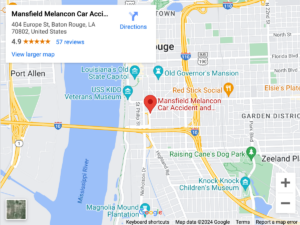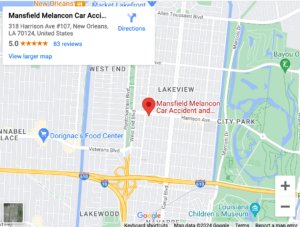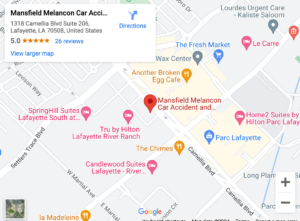
If you have been injured in an accident, you are likely already stressed over finances. You probably have medical bills piling up, and you may be missing time from work due to your injuries. Most accident victims know that hiring a lawyer is one of the best ways to ensure they get fully compensated for their injuries, but they worry about affording legal services.
Contingency fees allow a client to hire a lawyer without paying any money upfront. While many attorneys charge a retainer, most personal injury lawyers work on a contingency fee basis. This allows the attorney to be paid after the case is fully resolved.
What Is A Contingency Fee?
A contingency fee is a fee structure that some attorneys use as payment for legal services. The amount of the fee is based on the amount of compensation recovered by the client. If the attorney does not settle or win the case, they do not receive a fee.
Contingency fees are calculated as a percentage of any settlement or compensation awarded to the client. These fees are calculated “off the top” of the total amount of the recovery. Remember that your recovery may include compensation for both economic and non-economic damages, including:
- Medical bills (current and future)
- Lost wages (current and future)
- Pain and suffering
- Mental anguish
- Scarring and disfigurement
- Depression
- PTSD
Contingency fees can apply to settlements and monetary awards by a judge or jury. The Louisiana Rules of Professional Conduct also state that the client must sign a written contingency fee agreement. Make sure you fully understand the details of the fee agreement before signing the contract.
How Much Is The Average Contingency Fee In Louisiana?
The average contingency fee typically ranges from 30% to 40% of the recovery awarded to the client. There are several factors that can affect the percentage used for a contingency fee, including:
- The experience level of the attorney
- Geographic location
- Whether or not the case is settled or goes to trial
- Specific types of injuries involved
- The attorney’s success record
Attorneys with more experience and higher success rates can generally charge a higher fee. Similarly, fees may be higher in cases that go to trial versus cases that are settled out of court.
The timing of the settlement can actually play quite a large role in the amount of the fee. Many attorneys charge a lower fee if the case settles before filing a lawsuit. The fee percentage usually increases if the case settles after filing a lawsuit but before going to trial. Finally, the fee may increase even further if a trial is required.
For example, consider that you are involved in an accident and hire an attorney with a 30% contingency fee. Your attorney then negotiates a settlement of $20,000. Your attorney would receive a fee of $6,000 that would be taken from the settlement proceeds. You would receive the remaining $14,000.
What Types Of Cases Use Contingency Fees?
Contingency fees are permitted in most types of civil cases. This type of fee is most commonly used in personal injury cases. Some common examples of cases that may utilize a contingency fee include:
- Car accidents
- Truck accidents
- Slip and fall cases
- Premises liability
- Motorcycle accidents
- Wrongful death
Louisiana law expressly prohibits contingency fees in most domestic relations cases and criminal cases. For example, a criminal lawyer cannot make their fee contingent on whether or not the defendant is acquitted.
Other cases, like domestic relations or criminal cases, typically use an hourly billing structure or a flat fee. When using hourly billing, an attorney almost always requires an upfront retainer and subtracts earned fees from that retainer based on the amount of time spent on the case. Flat-fee agreements occur when an attorney charges a flat amount to handle a legal matter, regardless of how much time they spend on the case.
Who Pays For Case-Related Expenses?
Attorneys’ fees are not the only expense associated with a typical personal injury claim. Several other expenses may be incurred throughout the process of handling these cases. These expenses can include:
- Filing fees
- Court costs
- Medical record expenses
- Costs of expert witnesses
In most cases, the attorney will pay these fees upfront. However, the client is usually responsible for repaying the attorney once the claim is settled or resolved. These expenses are typically deducted from the settlement proceeds in addition to attorneys’ fees.
If you have been injured in an accident and need an attorney, set up a free consultation with an experienced attorney at Mansfield Melancon Car Accident and Personal Injury Lawyers by calling (225) 263-4787. They can fully explain their fee structure and tell you how they can help with your case.



